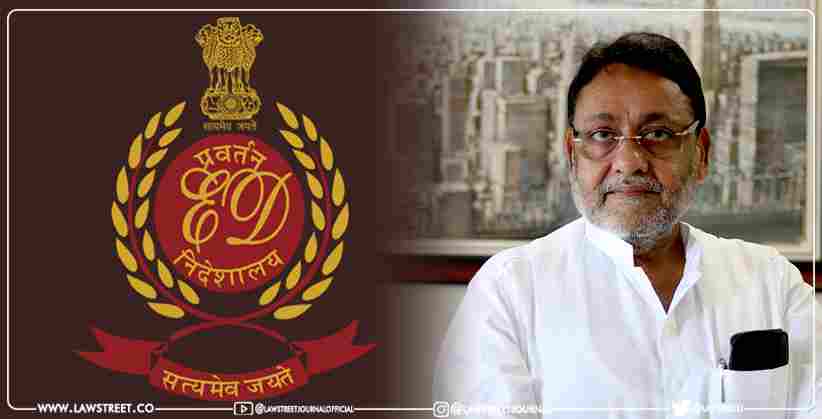MUMBAI: The Bombay High Court has recently reiterated that the inherent powers of the High Court are not fettered by Section 427 (1) of the Code of Criminal Procedure (CrPC). The inherent powers of the High Court can be invoked even if the Trial Court has not exercised discretion under Section 427 (1) of the CrPC.
Section 427 deals with concurrent running of sentences.
The inherent power of the High Court are not fettered by the section 427(1) of the Cr.P.C. Merely because appeal is not preferred by the petitioner, his right as per Section 427 of Cr.P.C. cannot be ignored or taken away. Thus, this Court has power to consider the prayers of the petitioner under Section 482 of Cr.P.C, a Bench of Justices Sanjay A Deshmukh and RG Avachat ruled.
In this case, the petitioner is convicted in a criminal case by Chief Judicial Magistrate, Dhule and was sentenced to suffer regular imprisonment for three years and to pay fine of Rs. 5000. He was also convicted in another criminal case by the same judge and was sentenced to suffer regular imprisonment for three years.
The petitioner submitted that the Chief Judicial Magistrate, Dhule though decided two cases, did not invoke Section 427 (1) of CrPC and failed to direct to run the said sentences concurrently in these cases.
The Additional Public Prosecutor strongly opposed the writ petition and contended that fine amount had not been paid by the petitioner. Therefore, he has to undergo the default sentence for not paying fine amount. He submitted that the petitioner had not preferred any appeal against the said conviction and so, the court cant grant any relief.
The Court noted that the set off for the period undergone by the petitioner is 1370 days, which appears from the judgments of conviction.
Relying on Shersingh Vs State of M.P, the Court held that inherent powers of the High Court can be invoked under section 482 of the Criminal Procedure Code even if the trial Court or revision or appellate Court has not exercised its discretion under section 427(1) of the Cr.P.C.
The petitioner has been in jail near about for 1945 days from the date of arrest. The set off is granted to him under Section 428 of Cr.P.C. He has almost completed more than five years in jail. For default in payment of fine also he cannot be kept behind bar which covers in set off period, the Court stated.
The respondent No. 2 and Chief Judicial Magistrate, Dhule ought to have considered that application submitted to them for concurrent running of sentence in its proper perspective. The learned Chief Judicial Magistrate, Dhule failed to consider section 427 of Cr.P.C. in its proper perspective and also failed to exercise the discretion in favour of the petitioner. It failed to invoke Section 427 of Cr.P.C. in favour of the petitioner. This power has to be exercised by the trial Courts in appropriate cases like this, the Court said before allowing the petitioners plea and allowing for the sentences to run concurrently.
The Court also directed Rs.10,000/- to be paid by the High Court Legal Services Sub Committee, Aurangabad to the petitioners advocate.

![Inherent powers of High Court can be invoked even if Trial Court has not exercised discretion u/s 427(1) CrPC : Bombay High Court [Read Judgment]](/secure/uploads/2023/12/lj_7447_600d54e2-482c-4a39-90c6-ad8931344a62.jpg)

![Husband Can Also Claim Alimony/Maintenance From Wife: Bombay High Court Orders Woman To Pay Alimony To Ex-Husband [Read Order]](/secure/uploads/2022/04/lj_2823_Divorce.jpg)






